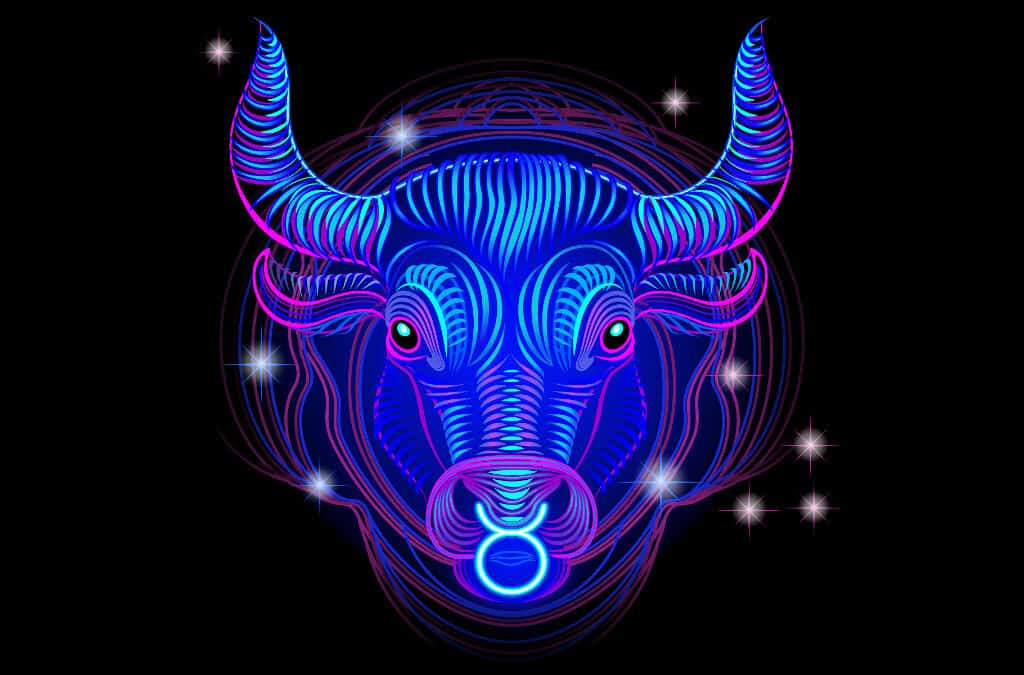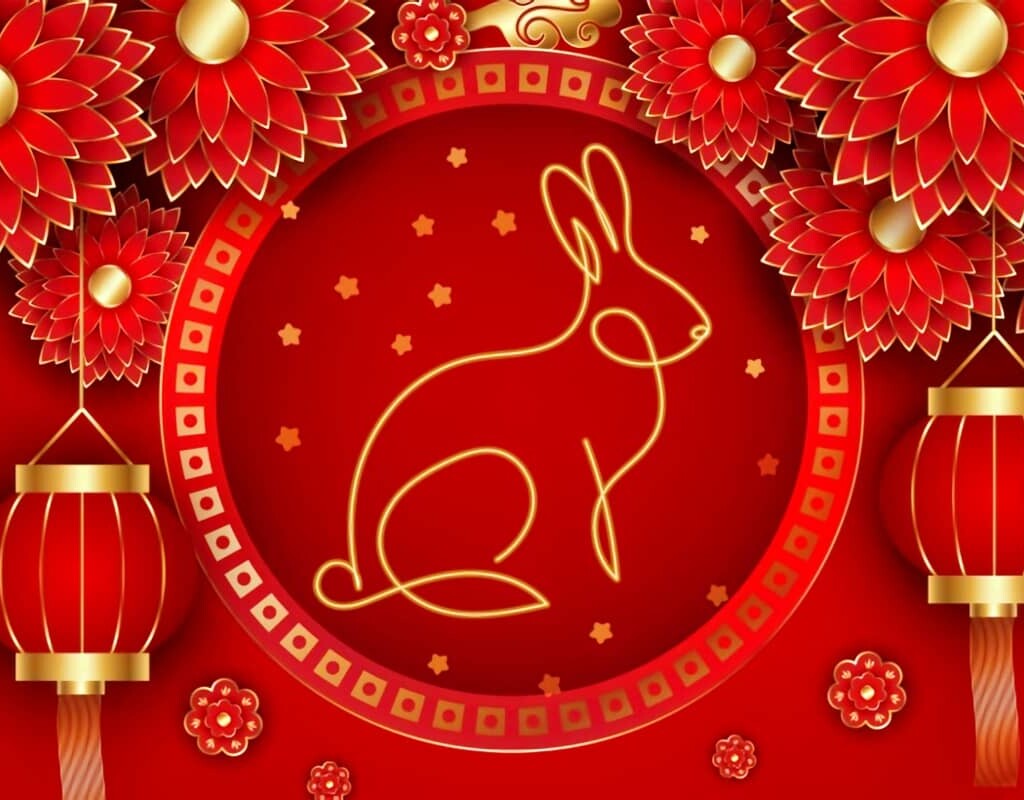Saturn, known as the Lord of Karma, wields the power to shape our journey with a range of experiences, both challenging and rewarding, depending on its placement in our natal chart. It points out the lessons we need to master and plays a significant role in our destiny.
Saturn in Karma and Destiny: A Comprehensive Guide
This planet assumes the role of Kronos, marking the relentless passage of time. As the guardian of our past, it unfolds the narrative of our existence, highlighting what has been: our concrete memories and learnings.
It teaches us to organize and reflect, beyond emotions, providing support in the most serious and enduring aspects of life. Often, we fear it, not realizing it holds the key to our success. The challenge lies in learning to leverage its influence.
- Fundamentally: it invites us to contraction, persistence, caution, discipline, and to set boundaries.
- On the positive side: it fosters loyalty, stability, focus, analysis, systematization, constructive qualities, tact, diplomacy, justice, thrift, deliberation, conservation, patience, and self-discipline.
- On the negative side: it can lead to rigidity, obstruction, selfishness, slowness, fear, limitations, materialism, melancholy, pessimism, greed, secrecy, distrust, severity, and cynicism.
The Symbol of Saturn and Its Meaning
The symbol of Saturn encapsulates the duality of the soul or instinctive mind, represented by the semicircle, under the yoke of matter, symbolized by the cross. This signifies a predisposition towards extreme materialism in Saturn individuals.
These individuals tend to be exceedingly selfish, hoarding everything for themselves, relegating the most noble and pure to the background. The symbol suggests that the cross of personality imposes itself over the soul, indicating these people prefer receiving to giving, thereby obstructing common well-being.
This attitude causes rejection by others and, consequently, Saturn brings with it suffering, obstacles, concerns, and disappointments to teach us that true service is not achieved through selfishness but through sacrifice and dedication to others.
The Power and Influence of Saturn
Saturn embodies the steadfastness of the most challenging aspects of our lower nature, which, upon evaluation, emerge as crucial elements for our growth. Symbolically, it represents the seed atoms of our most earthly vehicles, guardians of the experiences accumulated over our past lives.
Thus, Saturn is synonymous with technical skill, purity, fairness, perseverance, and tangible achievements, qualities refined under its rigorous influence.
It acts as the great equalizer, reaping the consequences of our actions, and correcting us so that we learn to act with integrity.
The seed atoms play a crucial role at the time of reincarnation, as they allow the Spirit to gather the necessary substance to rebuild its essential tools: the mind, desire, vitality, and matter.
- Rulership: Capricorn.
- House: X.
- Challenges in: Cancer and House IV.
- Exaltation: Libra. House VII.
- Fall: Aries. House I.
- Essential Function: Focus.
- Key Process: Differentiation.
- Purpose: Promote individualization.
- Traditional Interpretation: Embodies principles of limitation, restriction, and discipline. Symbolizes adversities and challenges. The paternal figure. Known as the great challenge.
- Humanistic Perspective: Represents definition through form. Drives focus and differentiation. Cultivates personal identity, security, and inertia.
- Cyclical Vision: Seeks the personal and social security and identity of the individual.
- Embodies: The quest for security and stability.
- Keyword: Master. Defines time, limits, fear, order, form, self-discipline, restriction, responsibility, “reverential fear,” seriousness, and old age.
Professions Under the Aegis of Saturn
Philosophers, mystics, scientists, and all professions connected to the earth, such as agriculture, architecture, mining, and the work of stonecutters or coal workers, are under its protection.
Generally, it encompasses occupations that, although arduous and humble, carry great responsibility, especially those performed under adverse conditions, like work in sewers or as chimney sweeps.
It also includes professions related to isolation, such as nursing or prison management. When its influences are positive, Saturn can catapult individuals to positions of great authority; however, under unfavorable aspects, it can consign them to misery and begging.
Saturn and Its Influence on the Human Body
Saturn, the great teacher of harsh lessons, is reflected in our body through fundamental structures: bones, skeleton, joints, cartilage, ligaments, knees, auditory organs, parathyroid gland, body protein, skin, and ears, thus outlining our resilience and our ability to face physical challenges.
Saturn in Our Organs
Specifically, Saturn is associated with the left ear, spleen, gall bladder, bones, and teeth, and is responsible for chronic diseases, particularly those of a catarrhal nature and persistent hearing problems.
A tendency towards a more fragile physical constitution in youth is observed, which strengthens over time, predicting significant longevity. A notable sensitivity to cold stands out.
- Associated Minerals: dark and fragile stones, coal, antimony, lead, and uranium.
- Linked Flora: hardwoods with cracked bark, rosacea, liliaceae, tubers, as well as aloe, cassia, colocynth, medlar, and myrrh.
- Related Fauna: bear, camel, cat, mole, nocturnal creatures, all varieties of owls; in addition to the crane, ostrich; beetles, and scorpions.
- Representative Colors: black, gray, brown.
- Resonance Numbers: 8 and 15.
- Days and Hours of Power: Saturday, especially the 1st and 8th hours after sunrise and the 3rd and 10th of the following night.
- Countries Under Its Influence: Palestine and its people, the Hebrews, are deeply rooted in their land.
Saturn in Esoteric Astrology
In the esoteric sphere, Saturn embodies the tempting principle, the Diabolus, the divine adversary, hence it was named the “Great Malefic” by ancient astrologers. It is undoubtedly one of the most decisive factors in shaping character and destiny in natal astrology.
It represents Kronos from Greek mythology, the Sovereign of Time, famous for devouring his children at birth. In its Roman version, Saturn is presented as a benign god of agriculture and cultivation, the Guardian of the Fields.
Requesting its protection and asking that any adverse influence projected through this planet be returned to its origin is to invoke powerful protection.




